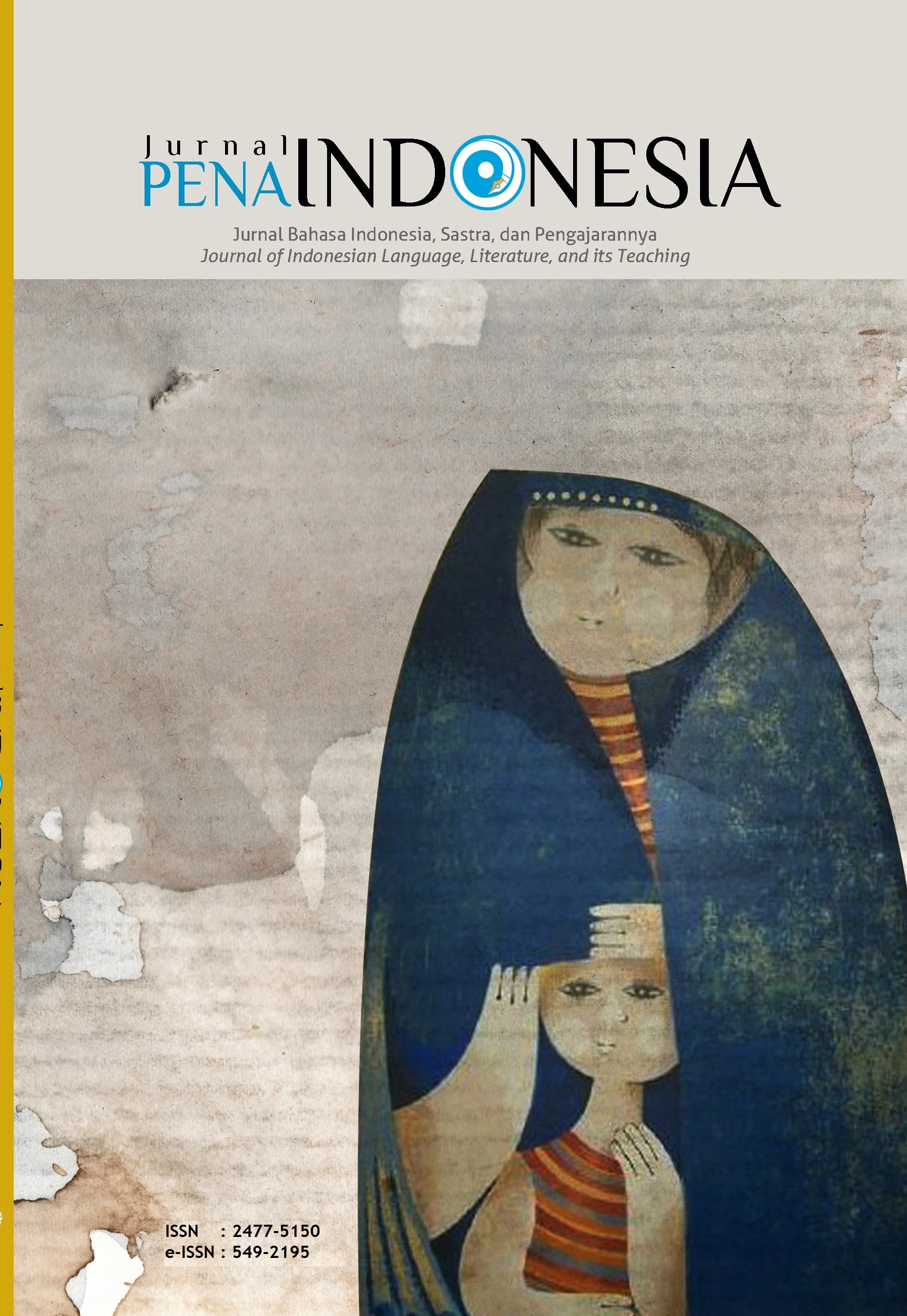MENGHADAPI TANTANGAN INDUSTRI 4.0 MELALUI KONSEP PENGEMBANGAN COMMUNITY LEARNING CENTER (CLC) BAGI MASYARAKAT MISKIN PERKOTAAN YANG TERINTEGRASI DENGAN MULTILITERASI DAN SOCIOENTREPRENEURSHIP
Main Article Content
Abstract
Makalah ini merupakan konsep solutif bagi permasalahan yang dihadapi oleh masyarakat miskin perkotaan di wilayah Kedungcowek Surabaya Timur. Dengan mendorong terbentuknya Comunity Learning Center (CL) yang didirikan dengan pilar multiliterasi dan ditopang pondasi socioentrepreurship maka konsep ini akan menjadi sarana untuk meningkatkan taraf hidup dan kesejahteraan masyarakat nelayan dan pengusaha kecil di wilayah kelurahan Kedungcowek. Konsep ini mempersiapkan perubahan masyarakat menjadi masyarakat industri pariwisata yang siap menerima tantangan industri 4.0
Article Details
How to Cite
Nuswantara, K., & Bhawika, G. W. (2021). MENGHADAPI TANTANGAN INDUSTRI 4.0 MELALUI KONSEP PENGEMBANGAN COMMUNITY LEARNING CENTER (CLC) BAGI MASYARAKAT MISKIN PERKOTAAN YANG TERINTEGRASI DENGAN MULTILITERASI DAN SOCIOENTREPRENEURSHIP . Jurnal Pena Indonesia, 7(1), 58–66. Retrieved from https://journal.unesa.ac.id/index.php/jpi/article/view/16923
Issue
Section
Articles

